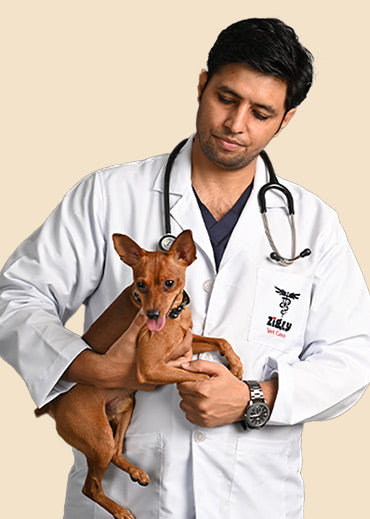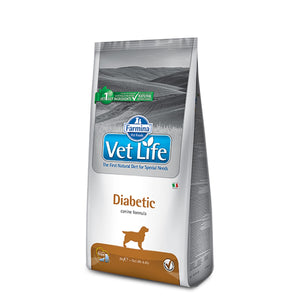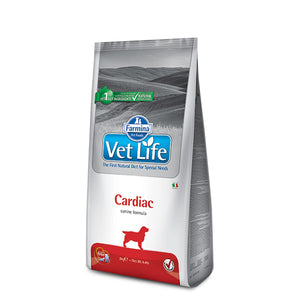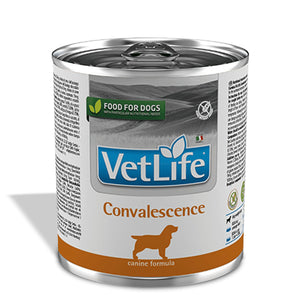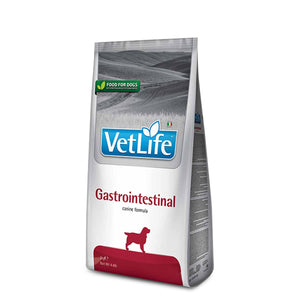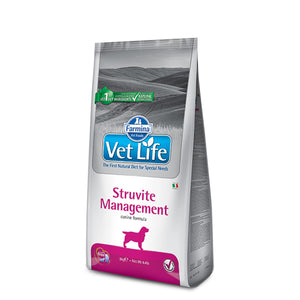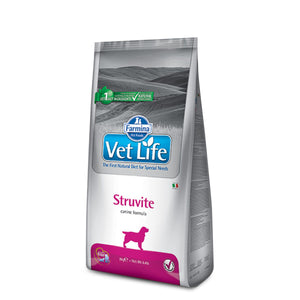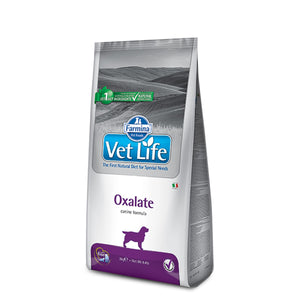You think your dog loves milk, but does it suit your dog’s digestive system? Dog dairy allergy is a real problem, and often the delay in diagnosis leads to multiple problems. Did you know that the problem of lactose intolerance in dogs is very real? Many components in dairy products are contributing factors to this problem in dogs. They are sugar, fat, preservatives, and proteins. If you are a pet parent, you must know that milk should be given in moderation to dogs. To help you understand the signs of lactose intolerance in dogs, we will talk about everything related to it. Please stick with us till the very end!
What is Lactose Intolerance?
Before moving forward with lactose intolerance in dogs, let us first understand what Lactose Intolerance is. Mammalian milk contains primary sugar, which is known as Lactose. There is an enzyme produced by all infant mammals, which is known as Lactase. This enzyme aims to break down the lactose, following which all nutrients can be absorbed. When dogs or even humans cross the age of infancy, their bodies stop producing Lactase; therefore, the breaking down of Lactose stops, which then causes gastrointestinal symptoms. These symptoms are also known as Lactose Intolerance.
Symptoms of Lactose Intolerance in Dogs
Lactose intolerance in dogs is exhibited by some painful symptoms, which, if not identified at the right time, can cause a lot of trouble. If your dog is lactose intolerant and consumes milk, then within a period of 30 minutes to 2 hours, they will start showing signs. Mentioned below are the crucial lactose intolerance symptoms to watch out for:
- Bloating
- Dehydration
- Weight loss
- Weakness
- Excessive thirst
- Abdominal pain
- Diarrhoea
- Toilet accidents inside the house
Causes
It is also vital to identify the causes behind intolerance of lactose or dog dairy allergy; this will help you know your dog better. There are basically two primary reasons that are said to be the causes of lactose intolerance in puppies and dogs. They are mentioned below:
Food Allergy
Any food allergy is simply a response of the body to signal that it is defending itself against a threat. Mostly food allergy occurs when the body is exposed to the allergen multiple times. Dogs who are exposed to milk or given milk for consumption even after evidence that they cannot tolerate it may develop an allergy to it later.
Food Intolerance
Any intolerance towards a food type, in this case, intolerance towards dairy products, does not have a response from the immune system involved. It is more likely to cause a gastrointestinal response. Food intolerance is exhibited by gurgling sounds and gas from the stomach or the digestive system; there also may be changes in stool colour or consistency. Such symptoms can be exaggerated and lead to diarrhoea and vomiting.
-
How to Diagnose?
To diagnose lactose intolerance in dogs timely, you have to know and understand the signs of lactose intolerance in dogs. When you notice your dog showing symptoms that alert you, it is best to make a trip to the veterinarian. The vet will do a physical examination and check the abdomen. Your vet may also advise you to remove all dairy products from your dog's diet.
Certain lactose intolerance tests are also conducted to rule out this tendency in dogs. These tests include the Hydrogen Breath Test. It checks the amount of hydrogen in the dog’s digestive system after consuming dairy or dairy products.
Foods that Your Dog Can Endure
There are a few foods that you can include in your dog’s diet if your dog is lactose intolerant. They are made of milk, but the lactose level in them is very low.
- Yoghurt: One of the best dairy items that dogs can easily endure is yoghurt. When we change milk to yoghurt, the lactose does not get destroyed, but enzymes are produced that help in breaking it down.
- Cheese: Milk processed into cheese helps in reducing the quantity of lactose in it.
- Butter: The lactose content in butter is incredibly low. It is anywhere between 0.8% to 1%. However, it must be kept in mind that the salt and fat content in it makes it unhealthy to be consumed every day by the dog.
How to treat lactose intolerance in dogs?
The lactose intolerance in dogs treatment includes removing all dairy products from the dog's diet. Mentioned below are alternatives to dairy and dairy products that pet parents may want to include in their dog’s diet:
- Milk and dairy, which is lactose-free: There are many kinds of milk and milk products made especially for lactose intolerant dogs. So, if you want to include milk in your dog’s diet, which does not trigger lactose intolerance, then you can switch to this alternative.
- Almond Milk Products: A healthy alternative for all lactose intolerant dogs is almond milk or products made out of almond milk. This can be given in small amounts to dogs as it ensures good health. However, large amounts of almond milk may cause gastrointestinal troubles due to the huge fat content in the milk.
- Soy Milk or Soy Milk Products: Soy milk has a lot of protein and can be a good alternative to meat in your dog’s diet. Rich in amino acids, it helps in promoting and improving overall health. However, excessive amounts can be harmful.
This was all about lactose intolerance in puppies and dogs. We hope we were able to answer all your questions and solve any doubts that you had. It is always best to feed your dog lactose-free food so that your dog remains healthy and free from any digestive trouble.
FAQ:
1.What are the signs of lactose intolerance in dogs?
Symptoms include bloating, diarrhoea, gas, vomiting, weakness, and abdominal discomfort—typically seen within 30 minutes to 2 hours of dairy consumption.
2.Can dogs drink milk safely?
While some dogs tolerate milk in small quantities, many are lactose intolerant. It’s best to consult a vet and consider lactose-free or dairy alternatives.
3.What causes lactose intolerance in dogs?
The main causes are the natural decline of the enzyme lactase after infancy and food allergies developed through repeated dairy exposure.
4. How is lactose intolerance diagnosed in dogs?
Vets diagnose it based on symptoms, physical exams, dietary elimination trials, and tests like the Hydrogen Breath Test after dairy intake.
5.What are the best alternatives to dairy for lactose-intolerant dogs?
Suitable options include lactose-free milk, unsweetened almond milk, soy milk (in moderation), and low-lactose dairy like plain yoghurt and some cheeses.
If you notice your dog reacting to lactose or any other food item, you can book an online vet consultation with experts at Zigly or even book an appointment at our Experience Centre! For more such informative blogs, stay connected with Zigly!



